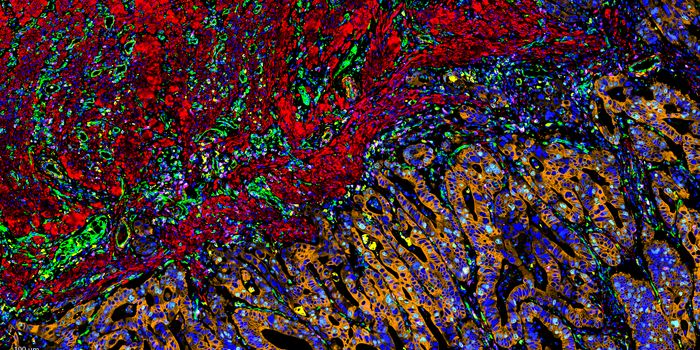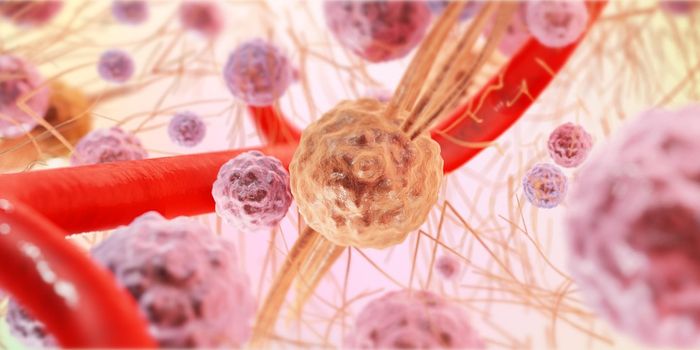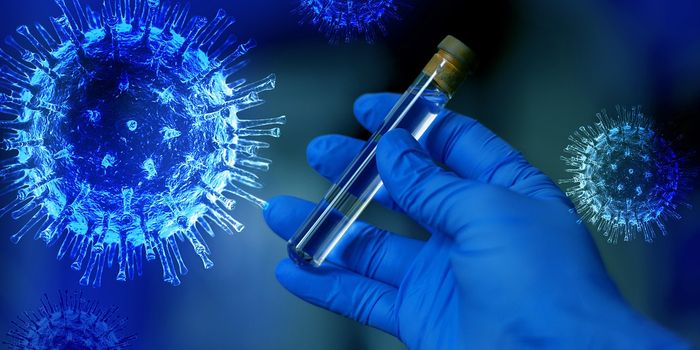Short Bouts of Exercise Mobilize Immune Cells in the Blood
Exercise has many health benefits, from improving brain health to strengthening bones and muscles. Included in the vast array of advantages associated with exercise is cancer prevention and control.
The scientific literature suggests that physical activity mobilizes immune cells, activating them to fight cancer. This idea prompted an investigation into the interplay between exercise and immunity, the results of which were recently published in Scientific Reports.
The study investigated how 10-minute exercise sessions impact immune cells in patients recently diagnosed with breast cancer. The exercise regimen in the study consisted of pedaling a supine bicycle (laying on the back while cycling the legs) for ten minutes. This type of activity, considered “acute exercise,” is loosely defined as single bouts of physical activity. Acute exercise directly impacts circulation, and when the blood starts pumping, immune cells travel throughout the body, becoming more likely to encounter cancerous cells.
The study enrolled 20 female breast cancer patients who had not yet received any treatment. Participants provided blood samples before, immediately after, and a half hour following the completion of the exercise. The researchers used a technique called flow cytometry, a laboratory technique that quantifies the immune cell subsets found circulating in the blood. Using flow cytometry, the researchers evaluated the percentages of different types of immune cells, including CD8+ T cells, B cells, natural killer (NK) cells, and monocytes at each time point.
The results showed that immediately after acute exercise, CD8+ T cells, the immune cells responsible for killing cancer cells, increased by 34%. The data also showed a 130% increase in NK cells, another type of immune cell that can kill cancer cells. B cells, the cells that generate antibodies, increased by 18% immediately following acute exercise. Monocytes, immune cells that differentiate into dendritic cells (DCs), the cells needed to activate the anti-tumor immune response, also increased by about 50% following acute exercise.
The study also demonstrated a link between immune cell mobilization and factors describing blood flow, including systolic blood pressure and mean arterial pressure.
The authors conclude that the benefits of exercise on cancer control rely, at least in part, on the mobilization of immune cells. The findings prompt further research to determine if exercise could be implemented as a component of cancer treatment regimens.
Sources: Brain Behav. Immun, Scientific Rep, Front Immunol









